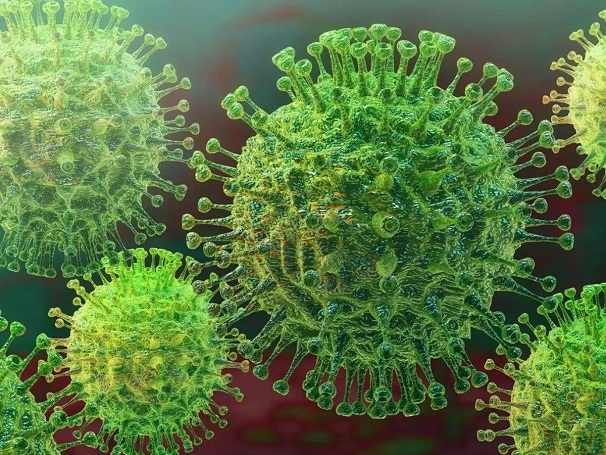Double mutated strain of novel coronavirus in samples from city
| Date :04-May-2021 |

Staff Reporter :
Five types of novel coronavirus mutations detected in 35 samples from city
If one was wondering why was the COVID-19 getting transmitted so fast in prevailing second wave of infections, the results of genome sequencing of samples from the city has provided the answer. Of 74 samples from the city sent to National Centre for Disease Control (NCDC), fast-spreading double mutated strain has been detected in at least 26 samples. There was talk of detection of double mutant variant of novel coronavirus in Nagpur, however, genome sequencing results were awaited for confirmation.
When ‘The Hitavada’ contacted Dr Ajay Keoliya, Dean, Indira Gandhi Government Medical College (IGGMC), he said that details were with Microbiology Department. Dr Ravindra Khadse, Associate Professor, Microbiology Department, IGGMC, told mediapersons that Viral Research and Diagnostics Laboratory at IGGMC had sent 74 samples to NCDC, Delhi for genome sequencing. “As many as 35 out of 74 samples were found to have different types of mutations of the virus. Total five types of mutations were found in samples. Of these, 26 samples were found to have dual mutated variant, that is, mutation in two genes at a time,” he said.
Dr Khadse told mediapersons that IGGMC would be sending some samples for genotyping and genome sequencing to assess the impact of COVID-19 vaccine on people who got vaccinated, but got infected. The mutated variant of the virus spreads faster and it bypasses immunity developed earlier. But, its intensity to cause fatality appears to be lesser. For, mortality rate in per cent terms is lesser in prevailing surge in cases, than that in the last year. The symptoms of the double mutated strain infection are cold, cough, loose motion, and fever. Though the strain is mutated, precautions to be taken to keep onself safe from the infection are the same -- wearing mask, following social distancing norms, using sanitiser, and washing hands frequently with soap and water.